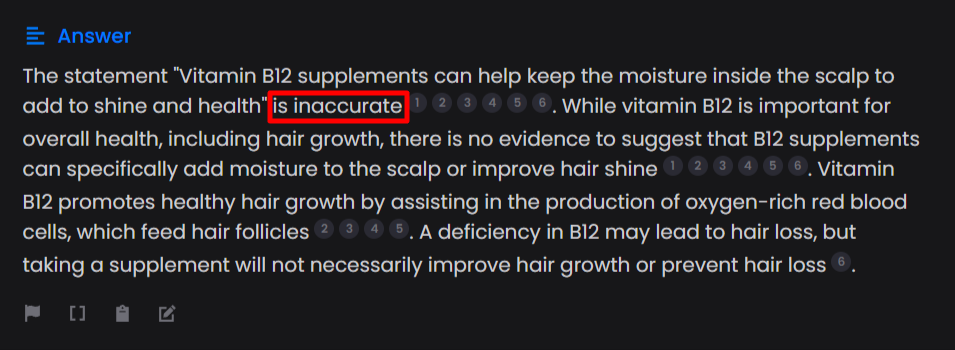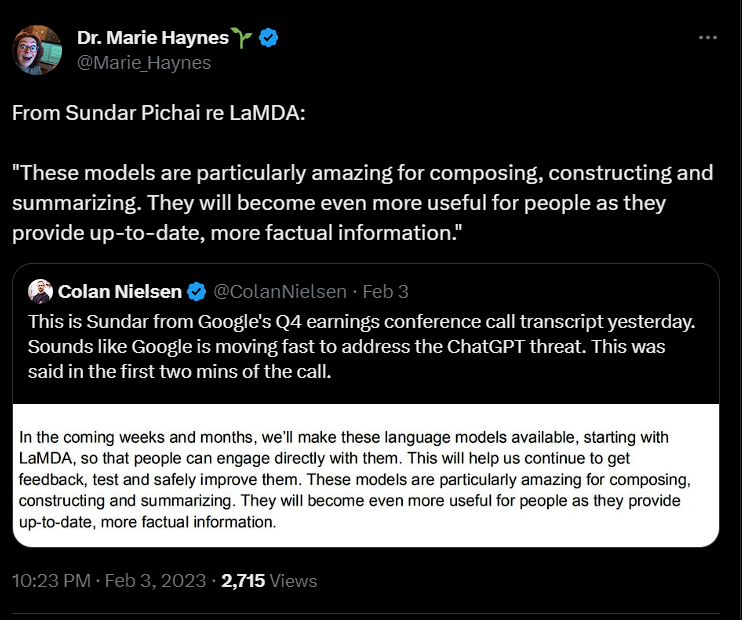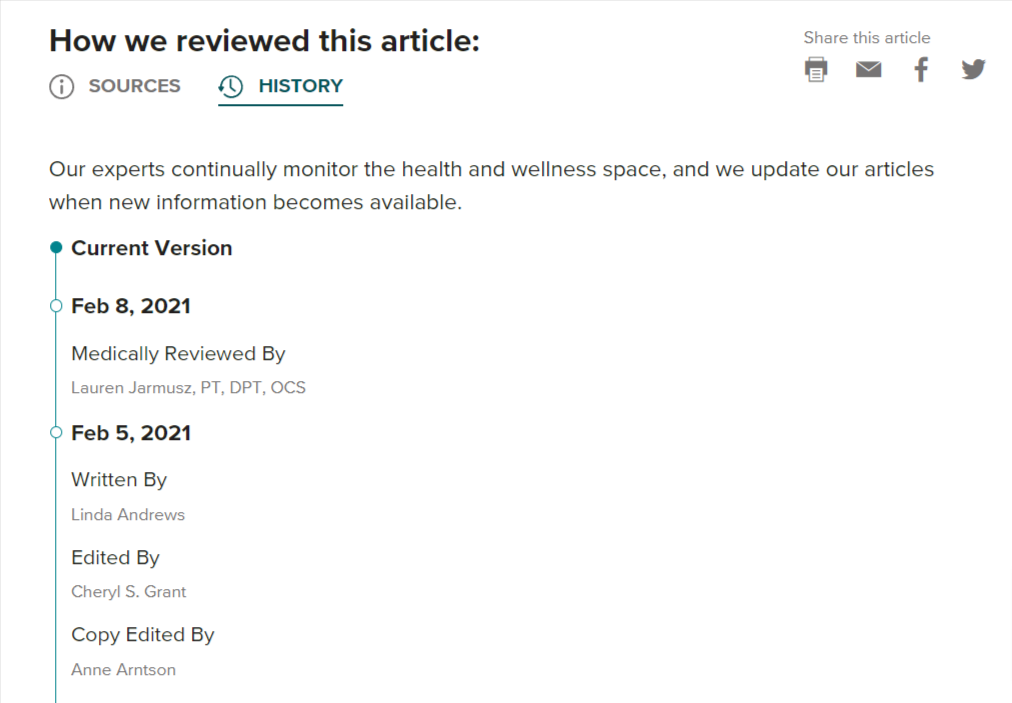Table of Contents
In YMYL Content Niches like Healthcare and finance information accuracy becomes an essential factor for ranking directly or indirectly.
Google as a search engine has progressed a lot over the years & enjoys a fat market share. The reason can be tied to the user experience that it provides.
UX is everything in the search engine space. With UX, I don’t mean visuals here but the overall experience of relying on a search engine that provides genuinely helpful information and is safe to consume.
When a Googler jumps into a Google search rabbit hole and ends up on a website with wrong information more often than not he will blame the search engine first & the publisher second.
This is the reason why it is critically important for Google to rank content that won’t lead to such public embarrassment issues.
The situation gets grave when we are talking about YMYL space. Because the ranking content can wreck people’s lives.
Thankfully with the advent of AI today we have processes to fact check the YMYL content for correctness.
3 Step Process to Fact-check YMYL Content
1. Copy paragraphs & paste into Perplexity to analyze

Paste the paragraph in Perplexity & before that add this prompt
Highlight inaccurate statements & back them being inaccurate with factually correct information cited by credible sources 2. Review the analysis that Perplexity has provided

Perplexity will highlight all the inaccurate statements from your paragraph & will be backed by correct information with cited sources. In this step make sure that their cited sources are credible & trustworthy.
3. Fact Check the correct information that Perplexity has provided
Below is one of the correct information that Perplexity provided me
while these foods may contain vitamin B12 analogues, they do not contain true vitamin B12 that can be used by the body
Essentially what Perplexity is saying is, that algae, spirulina, and chlorella don’t contain B12 that can be used by the body.
Now here our goal is to fact-check this reported correct information with either Perplexity or Google search.
We can search like this
Does algae, spirulina, and chlorella contain vitamin B12?
& if search results from credible sources confirm this then it’s safe to conclude that.
Does Google officially say that they care about correct information?
Yes, Google cares about factually correct information. There are two documentations
Both these documentations indicate that they care about content being factually correct.
What do the E-E-A-T Experts think about Factual Accuracy?

in MozCon Rand Fishkin makes a point about factual accuracy in YMYL Niches.

This may be a hint that Google SGE could be able to identify factually correct information & could be a considerable parameter for the ranking system.
What efforts are Top Players in YMYL Space making to let Google & users know that their content can be trusted?
Healthline is a big player in the healthcare space. Below their article, they have a dedicated section called How we reviewed this article where they mention the citations for the facts they quoted.

Investopedia has a section called Article Sources where they mention all the sources of information.







